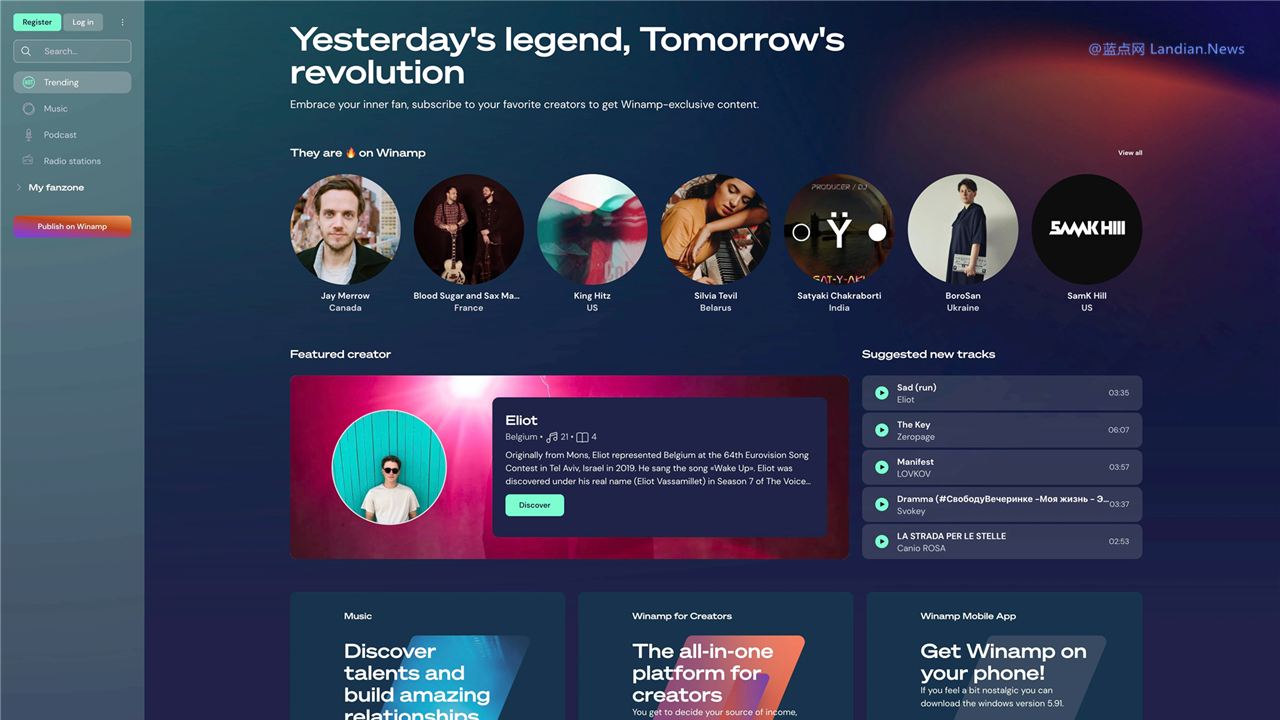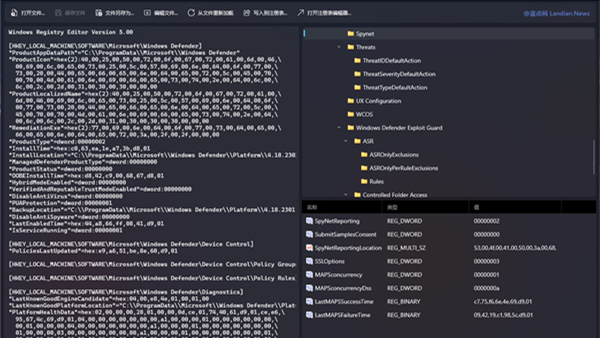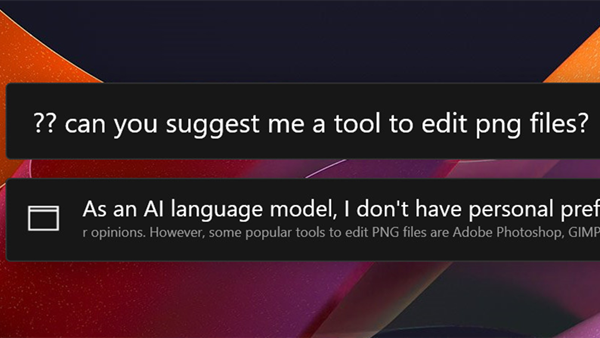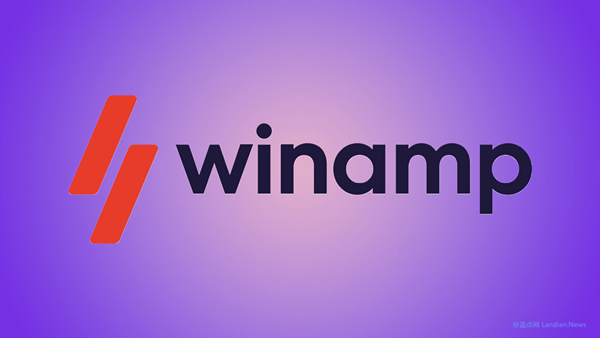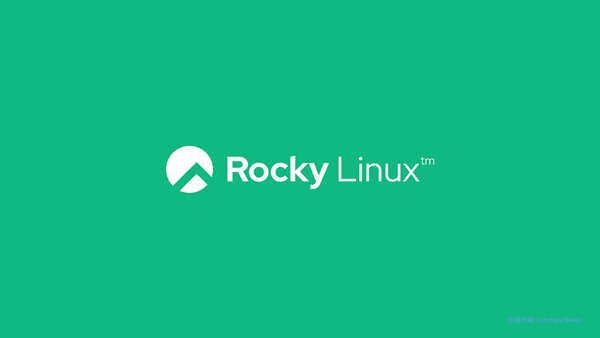Winamp finally admits that open source is not completely open source and may only provide read-only licenses
Winamp, once a highly popular music player, recently made headlines with its announcement to "open up its source code" to global developers, hoping to encourage contributions and improvements to the Winamp player. However, keen observers like Lan Dian Web noticed that Winamp carefully avoided using the term "open-source" in its announcement, and did not disclose the license under which the code would be available.
Typically, "opening up the source code" is synonymous with open-source, but the absence of the term "open-source" and the lack of a disclosed license led Lan Dian Web to suggest that Winamp might not be going open-source unless they specified the open-source license in use.
This issue sparked discussions within the community, which led to a clarification from Winamp's social media account in response to a developer's inquiry. They admitted that there are no current plans to go open-source ("Open source is not currently planned.").
According to Winamp's plan, the company will release Winamp's source code in September 2024. Since it's not going open-source but still making the source code available, it's likely that it will be under a read-only license.
This means developers will still be able to access the source code and submit issues and various improvements following Winamp's guidance. However, they won't be able to create forked versions, such as other music players based on Winamp's source code.
This clarifies why Winamp initially avoided mentioning "open-source" directly. They wanted to encourage developer contributions to improve Winamp but did not intend to open-source it in the conventional manner, likely aiming to avoid controversy. However, after drawing attention, they found it necessary to clarify their stance.
It's important to note that Winamp has been sold multiple times and the current version is a complete rebuild, bearing little resemblance to the classic Winamp.
